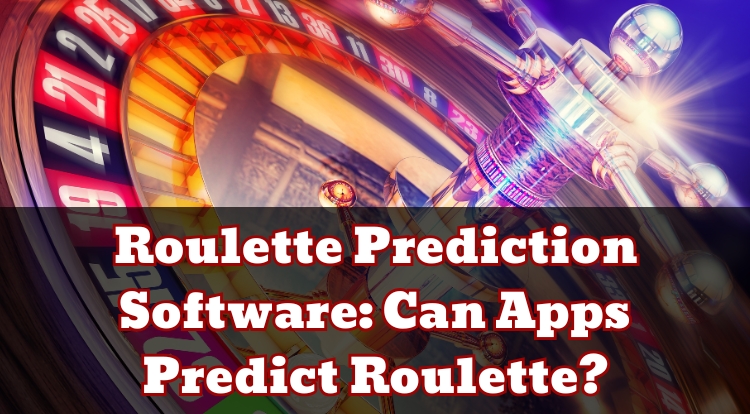Lottery Prediction Algorithm

Lottery prediction algorithms have sparked curiosity and scepticism in equal measure. This casino post will delve into what these algorithms are, their credibility, the role of artificial intelligence (AI), and why it’s advisable to steer clear of any software or algorithm claiming to be able to predict the winning lottery numbers.
The concept of a lottery prediction algorithm revolves around the statistical analysis of historical lottery data with the aim of forecasting future outcomes. These algorithms, often marketed as software or apps, claim to enhance one’s chances of hitting the jackpot by predicting the most probable number combinations. However, they have never proven to be more than a scam.
Is There An Algorithm To Predict Lottery Numbers?
Contrary to the claims made by some, predicting lottery numbers using an algorithm is virtually impossible. The fundamental principle of a lottery is randomness. This means that each number drawn has no connection to the previous or subsequent numbers, making it virtually impossible for any algorithm to accurately predict the outcome.
Lottery numbers are generated using machines that ensure complete randomness. For instance, the National Lottery utilises an air-mix draw machine filled with lightweight numbered balls. The constant movement of these balls within the drum, facilitated by air, results in an entirely random selection of winning numbers. This randomness is the cornerstone of the lottery’s fairness and integrity, effectively putting a damper on the prospects of any algorithm predicting the outcome.
The algorithm reportedly looks at previous results in order to determine future outcomes, but these past results have no bearing on future ones. Every draw is an independent event.
Can AI Predict Lottery Results?
With the advent of AI and machine learning (ML), there have been speculations about these advanced technologies’ potential to predict lottery outcomes. However, even the most sophisticated AI or ML cannot predict lottery results.
ML, a subset of AI, learns from historical data and identifies patterns to make predictions. However, the lottery’s inherent randomness makes it impossible for ML to draw any reliable patterns or trends from past data.
Again, the past results mean nothing in relation to future outcomes. Thus, the answer to the question “Can AI predict lottery results?” is a resounding no.
Why You Should Avoid Lottery Prediction Software?
While the allure of lottery prediction software can be tempting, it is crucial to understand why it’s best to avoid such software.
Firstly, the effectiveness of such software is unproven. Despite the numerous claims, there exists no substantial evidence that supports the efficacy of these algorithms in predicting winning lottery numbers. The fundamental principle of randomness in lottery draws contradicts the premise of lottery prediction software.
Secondly, these software often mislead people by suggesting that past lottery results influence future outcomes. This is simply not true. Each lottery draw is independent and unaffected by previous or subsequent draws.
Lastly, lottery prediction software is typically no more than a scam used by people looking to make money off those looking for a way to win the lottery.
In conclusion, the lottery, like any other form of gambling, is a game of chance. No algorithm, AI, or software can predict its outcome with any degree of accuracy. Therefore, it’s advisable to enjoy the game for what it is rather than relying on dubious software and false promises. Please remember to gamble responsibly and play within your means.




